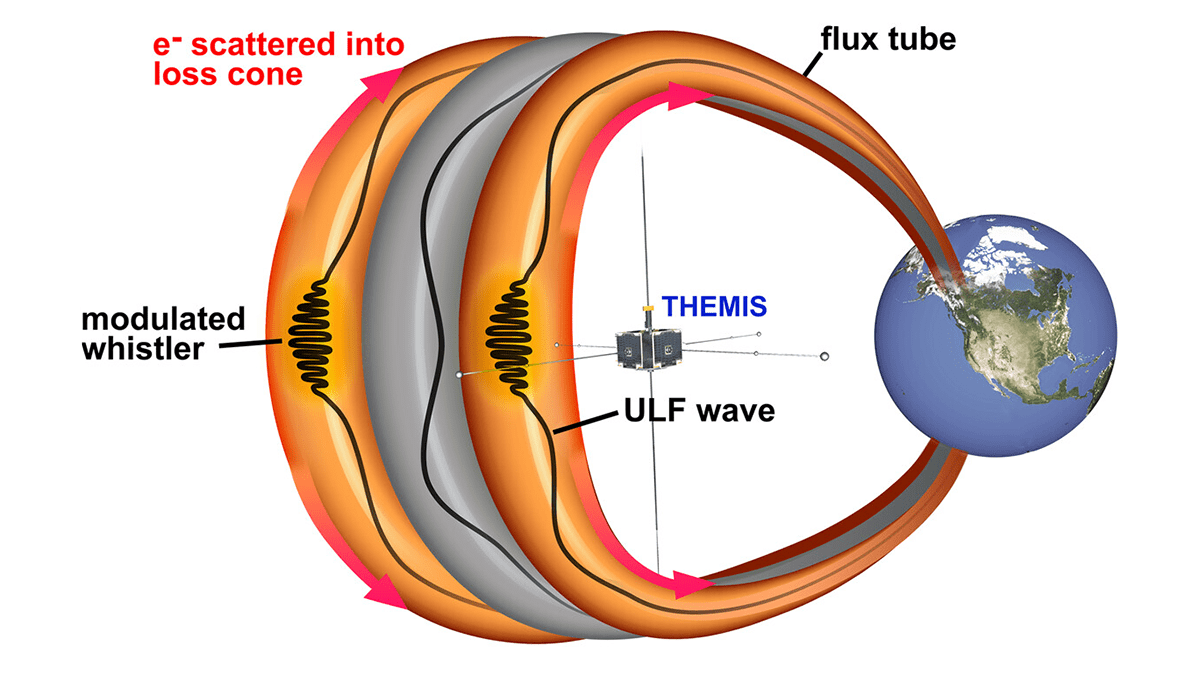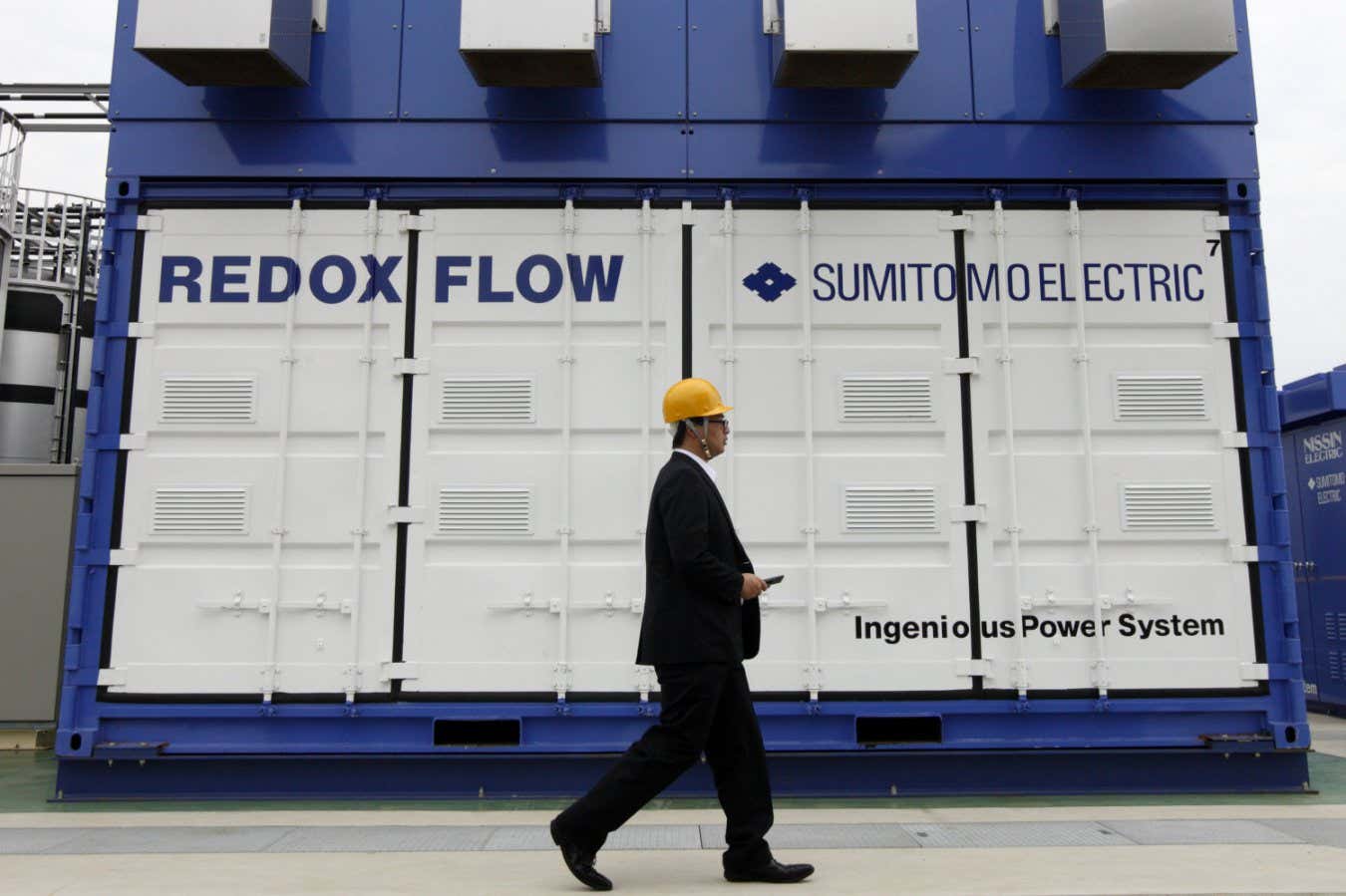
Cancer treatment has come a long way in recent years, with researchers working tirelessly to find methods that are both effective and less harsh on patients.
One of the most promising advancements is proton therapy, a type of radiation treatment that targets cancer cells with remarkable precision while sparing healthy tissues.
This gentler approach is especially valuable for patients who want to avoid the severe side effects often associated with traditional radiation therapy.
To understand proton therapy, it helps to first know how standard radiation therapy works. Traditional radiation uses high-energy X-rays to kill cancer cells, but these rays pass through the body, affecting both the tumor and the healthy tissues around it.
While effective, this method can lead to side effects such as fatigue, skin burns, and damage to nearby organs, depending on the location of the cancer.
Proton therapy, on the other hand, uses protons—tiny particles found in atoms—that deliver energy in a much more controlled way. Unlike X-rays, protons stop at the tumor site, releasing most of their energy directly into the cancer cells.
This precise targeting minimizes the impact on surrounding healthy tissues and organs, reducing side effects and improving the quality of life for patients during and after treatment.
Research has shown proton therapy to be especially useful for cancers in sensitive areas, such as the brain, spine, and eyes, where protecting healthy tissue is critical.
For example, in children with cancer, proton therapy is preferred because their developing bodies are more vulnerable to the long-term side effects of radiation.
Studies have shown that children treated with proton therapy have a lower risk of developmental delays and secondary cancers compared to those treated with traditional radiation.
In adults, proton therapy has shown great promise for prostate cancer, a common diagnosis among men. Clinical studies reveal that patients treated with proton therapy experience fewer issues with bowel and urinary functions than those who receive standard radiation.
Similarly, for breast cancer patients, proton therapy helps avoid unnecessary radiation to the heart and lungs, reducing the risk of complications like heart disease later in life.
While proton therapy sounds like a perfect solution, it’s important to understand that it’s not suitable for every type of cancer. It’s most effective for localized tumors that haven’t spread extensively.
Additionally, access to proton therapy can be a challenge, as it requires specialized equipment and facilities, which are not available everywhere. However, the number of proton therapy centers is growing worldwide, making this treatment more accessible to those who need it.
Cost can also be a consideration. Proton therapy is often more expensive than traditional radiation, partly because of the advanced technology it requires.
However, many experts argue that the reduced side effects and improved quality of life for patients make it a worthwhile investment in the long run. Some insurance providers are also beginning to cover proton therapy for specific cancers, recognizing its benefits.
Proton therapy represents a major step forward in cancer care, offering patients a powerful treatment option with fewer side effects. For those battling cancer, this gentler approach can mean less suffering and a better chance of returning to normal life after treatment.
While it’s not yet available to everyone or suitable for all cancers, ongoing research and advancements are making proton therapy an increasingly important part of the fight against cancer.
The future of cancer treatment is not just about curing the disease—it’s also about doing so with compassion and care for the patient’s overall well-being.
Copyright © 2025 Knowridge Science Report. All rights reserved.








Leave a Comment